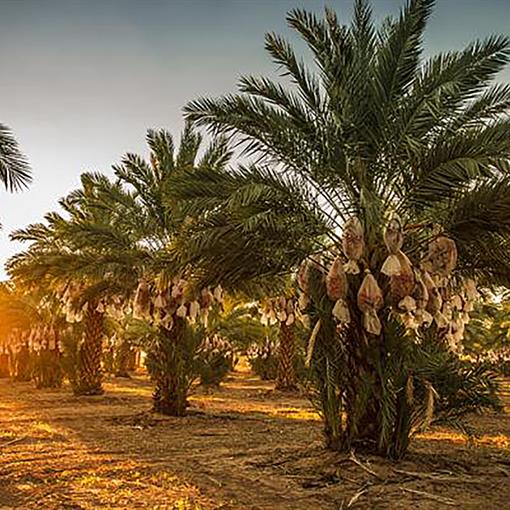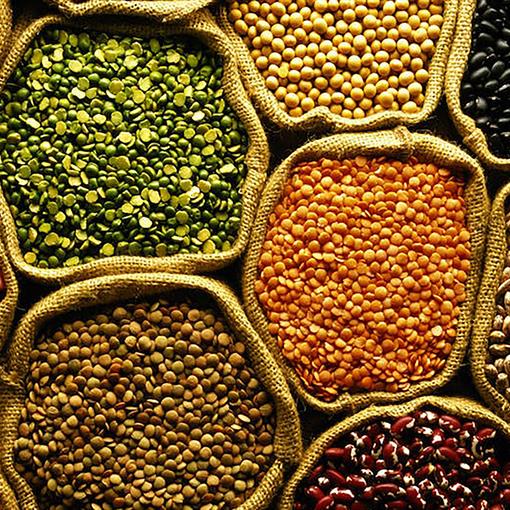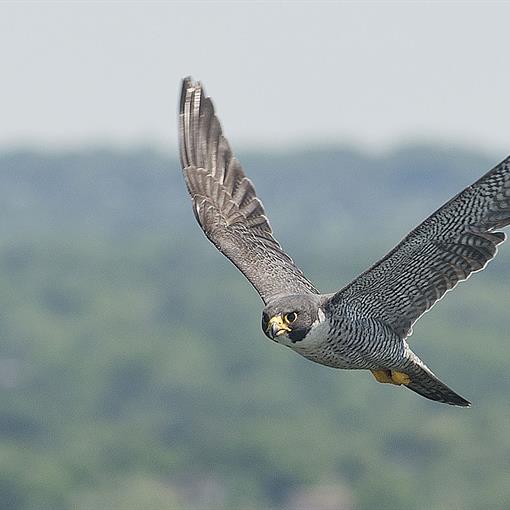THE KSA NATIVE GENOME PROJECT
The KSA Native Genome Project is a groundbreaking initiative aligned with the Kingdom of Saudi Arabia's (KSA) Vision 2030 and the Saudi Green Initiative (SGI). As part of the national strategy to combat climate change and enhance environmental conservation, this project was launched to contribute to the government’s efforts in reducing desertification and promoting sustainable agriculture practices, ecological balance, and environmental protection.
Developed as a collaboration between King Abdullah University of Science and Technology (KAUST) and the National Center for Vegetation Cover Development and Combating Desertification (NCVC) from the Ministry of Environment, Water, and Agriculture (MEWA), the KSA Native Genome Project aims to establish the first publicly accessible genomic database. This database, serving as a national gene bank, will house genomic data for all native plant species in the KSA, along with associated microbes, baseline metabolomics, and root development/architecture data.
Key goals include creating high-quality reference genomes for 300 targeted terrestrial ecosystems, centered around crucial native plant species. By preserving herbarium specimens and investigating ecosystems in terms of metabolomes, root development/architecture, and microbiomes, the project contributes to understanding how ecosystems thrive in extreme environments. Furthermore, it plays a pivotal role in training a new cohort of Saudi scientists in ecosystem biology, fostering expertise for environmental protection and conservation.
So far, the project’s outputs include:
- High-quality reference genomes for 51 native plant species. The genomes have been successfully generated, validated, annotated, and are ready to be deposited in NCBI’s GenBank for public access. They will also be made available through a KSA Native Genome Project Ecosystem portal (database) which is being established. Herbarium specimens from all studied plant species were preserved and deposited at MEWA’s seed center in Riyadh.
- Analysis of the microbiomes of different plant compartments, with a special emphasis on the phyllosphere microbiota, and isolation and characterization of the microbial components. This data will help explore the significance of the microbiome of KSA native plant species and its consequential benefits in reforestation efforts.
- Metabolomics study unveiling metabolic pathways in the targeted species. A comprehensive understanding of plant metabolomes has numerous applications from basic sciences to enhancing yield, production of stress-tolerant plants, and phytotherapeutics.
- Root anatomy analysis of the native plant species. This data will help to better understand the growth behavior of native plants in their environments.
- Established infrastructure to characterize hundreds of different native ecosystems across the KSA in the future.
The Native Genome project is led by Professor Rod A. Wing.


